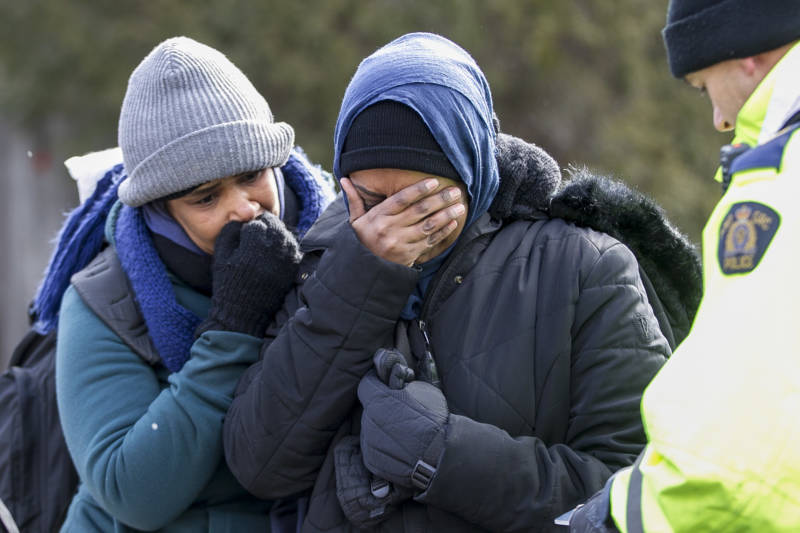Gelernt says that even if the administration had managed to broker safe third country agreements with Mexico or Guatemala, the ACLU could challenge them on the grounds that, for asylum-seekers, those nations are not safe like Canada.
“When you have an agreement with another country, you can require people to apply for asylum in those countries if and only if that country can provide a safe, effective and meaningful asylum hearing,” Gelernt said.
Unlike Canada, Mexico and Guatemala lack the legal infrastructure to provide protections to asylum-seekers looking for a safe haven, scholars say.
“Guatemala’s legal infrastructure is weak, to say the least. Mexico has offered very limited legal protections for Central Americans,” said Dean Kevin Johnson of the UC Davis School of Law. “That makes it very different from the safe third country agreement with Canada. Few would dispute that Canada has an asylum system that’s efficient, generous and fair.”
Origins of the Canada-U.S. Safe Third Country Agreement
Canada and the U.S. began discussions about a safe third country agreement less than two months after the 9/11 terrorist attacks in the U.S., when both nations agreed to coordinate more on safety along their shared border.
When the Canada-U.S. Safe Third Country Agreement took effect in December 2004, one stated purpose was to protect refugees by creating a framework to govern how the two countries would share responsibility for hearing asylum claims.

